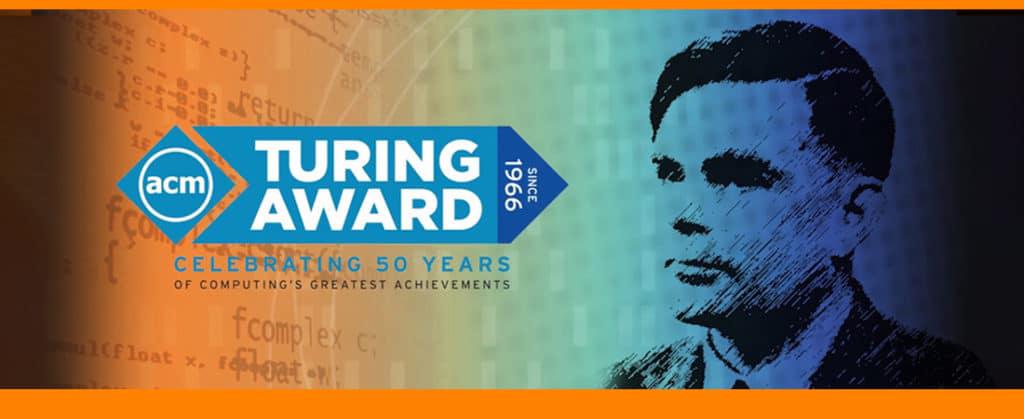A local computer scientist and professor at the University of Tennessee at Knoxville has been named an A.M. Turing Award winner by the Association for Computing Machinery.
The Turing Award is often referred to as the “Nobel Prize of computer science.” It carries a million dollar prize.
“Oh, it was a complete shock. I’m still recovering from it,” Jack Dongarra told Knox News with a warm laugh. “It’s nice to see the work being recognized in this way but it couldn’t have happened without the support and contribution of many people over time.”
Chances are Dongarra’s work has touched your life, even if you don’t know it. If you’ve ever used a speech recognition program or looked at a weather forecast, you’re using technology that relies on Dongarra’s software libraries.
Innovations:Tennesseans close to developing radiation exposure drug
Wildfires:Lessons learned from 2016 Gatlinburg wildfire likely saved lives in 2022 fires
Dongarra has held a joint appointment at the University of Tennessee and Oak Ridge National Laboratory since 1989. While he doesn't have a household name, his foundational work in computer science has undergirded the development of high-performance computers over the course of his 40-year career.
“I want to become a role model as many of the other recipients have been for the next generation of computer scientist,” Dongarra said.
If you have a multicore computer (and you probably do because everything is multicore now) or use a graphics card, you’re relying on Dongarra’s code. The macOS and iOS operating system, scientific simulations and mathematical software like MatLab or Maple all rely on versions of Dongarra’s software libraries.

“Jack Dongarra’s contributions to software packages and libraries have been seminal in driving progress and advances in computer science and innovation in a spectrum of applications,” said Thomas Zacharia, director of Oak Ridge National Laboratory. “Whether it’s energy security, national security … at the core are his basic contributions in applied mathematics.”
In the late 1970s, Dongarra was a researcher at Argonne National Laboratory near Chicago. He had just decided to go into computer science full-time after considering a career as a teacher. While there, Dongarra helped write an open-source software library called LINPACK.
“He’s continually rethought how to exploit today’s computer architectures and done so very effectively,” said Nicholas Higham a Royal Society research professor of applied mathematics at the University of Manchester. “He’s come up with ideas so that we can get the very best out of these machines.”
Dongarra also developed software that allowed computers with different hardware and operating systems to run in parallel, networking distant machines as a single computation device. This lets people make more powerful computers out of many smaller devices which helped develop cloud computing, running high-end applications over the internet.
Most of Dongarra’s work was published open-source through a project called Netlib.
“Jack is what I would call a community builder,” Simon said. “He was one of the first to put people together to share software.”
As computers grew in scale, complexity and power, Dongarra’s work was instrumental for understanding what we were building. Dongarra developed the Top500 software package, which measures the 500 fastest computer systems on earth.
“It’s always good to understand how well something is performing,” Dongarra said. “So we developed metrics for doing that.”
At 71, Dongarra is “going emeritus,” as he calls it. He's retiring from teaching to focus on research. He’s focused on making sure the University of Tennessee Innovative Computing Laboratory is in good hands.
He isn’t planning on disappearing after the award’s ceremony in June though.
“I have an office and can continue to work,” he said. “So my plan is to continue with that.”









